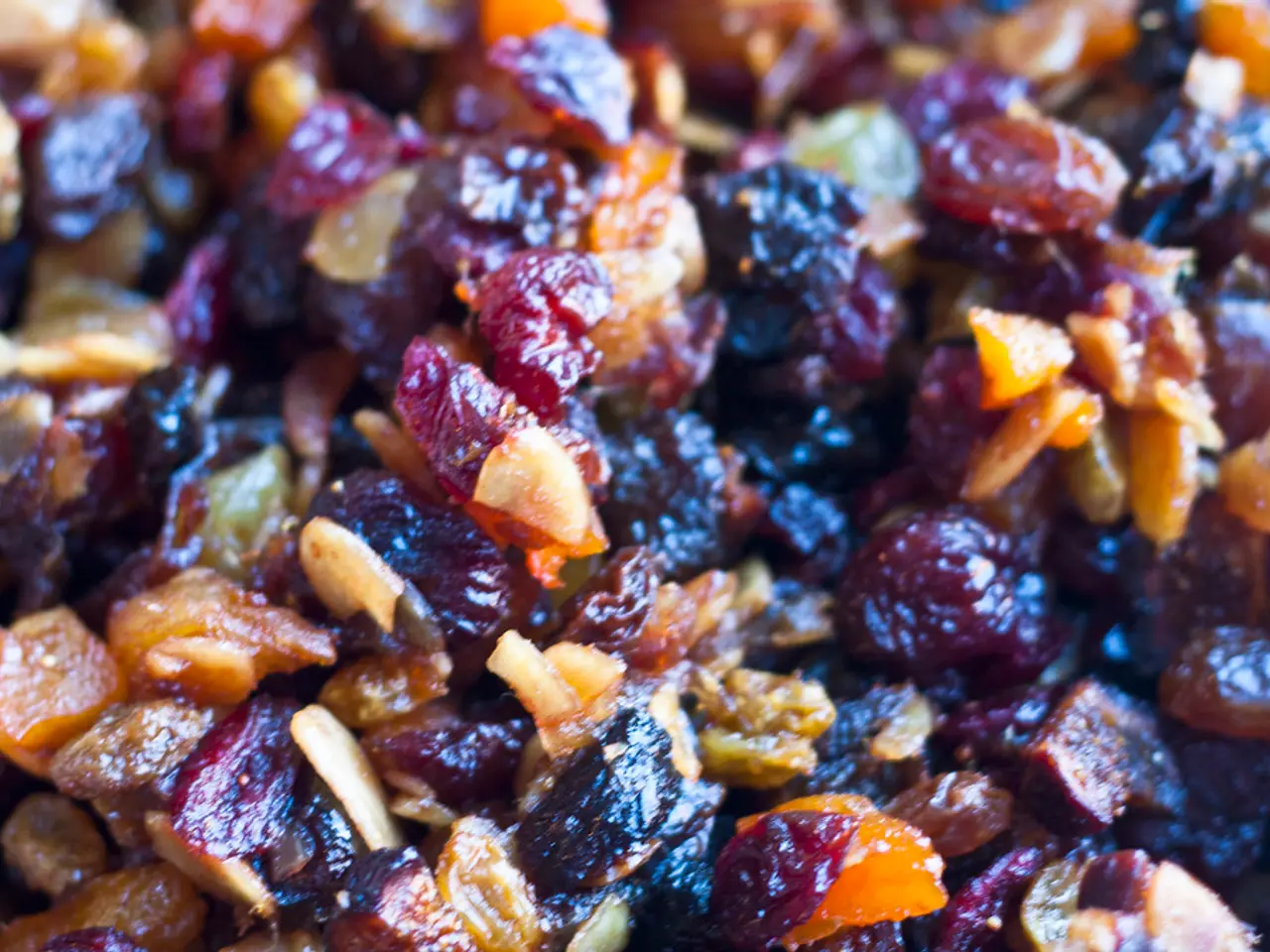Guidelines for Optimizing Your Fitness Routine
Pre-workout nutrition plays a crucial role in optimizing energy and performance, while avoiding gastrointestinal (GI) issues. According to Lululemon ambassador Dr. Hazel Wallace, a renowned nutritionist and health influencer, best practices for pre-workout nutrition emphasize the type and amount of carbohydrates, meal timing, fiber intake, and caffeine use.
Carbohydrates
Dr. Wallace recommends consuming 1–4 grams of carbohydrates per kilogram of body weight 1–4 hours before exercise, with timing dictating the type. Complex carbs, such as oatmeal and whole grains, are best consumed 2–4 hours prior, while simpler carbs like honey, dates, and toast are more suitable closer to exercise (30–60 minutes before) for quick energy.
Moreover, limiting fiber intake close to exercise is essential to prevent GI distress. Fiber slows digestion and can cause discomfort during workouts.
Timing
Waiting 30–60 minutes after a small snack before starting exercise is ideal. For a light meal, a waiting period of 1–2 hours is recommended, while 2–4 hours is necessary after a large meal to avoid digestive discomfort.
For early-morning workouts, a small carb-rich snack 20–30 minutes before can be beneficial, or exercising fasted is an option if intensity and duration are moderate and under 60 minutes.
Fiber
Avoid foods high in fiber close to your workout to prevent GI issues. However, if desired for steady blood glucose control, include fiber in meals well before exercise (2–4 hours out).
Caffeine
Caffeine is a common effective pre-workout supplement that can enhance focus and endurance. Effective doses often range from 3 to 6 mg/kg body weight taken about 30–60 minutes before exercise. Combining caffeine with carbohydrates can help sustain energy and improve muscle contractility.
Additional Recommendations
Pairing carbohydrates with some protein (around 15g, particularly for women) 30–60 minutes pre-workout can provide muscle support and recovery benefits. Avoid high-fat foods immediately before workouts since fats slow digestion and may impair performance.
In summary, eat a small, balanced meal with mainly carbohydrates and moderate protein 1–2 hours before exercise, avoid fiber and fat near workout time to prevent GI distress, and consider moderate caffeine intake 30–60 minutes prior for cognitive and endurance benefits.
Stick with fruit or rice cakes as a pre-workout snack, and avoid high-fiber and high-fat foods for aerobically intense workouts. Commercial energy drinks should be used with caution as they can contain very high doses of caffeine, which could lead to jitteriness and insomnia.
Dr. Hazel Wallace advises against fasted training, as there is no evidence that it improves performance or aids in fat loss. Instead, a pre-workout meal that includes carbohydrates, protein, and limited amounts of fat and fiber is recommended.
All meals throughout the day contribute to pre-workout nutrition, and a pre-workout meal should be eaten 2–3 hours before a workout. Wallace is also known as @thefoodmedic on Instagram, and her expert advice on pre-workout nutrition can help you maximize your workouts.
- Dr. Wallace suggests consuming complex carbs like oatmeal and whole grains 2-4 hours before exercise, while simpler carbs such as honey, dates, and toast are suitable 30-60 minutes before for quick energy.
- Avoiding foods high in fiber close to a workout is essential to prevent GI distress, but if necessary for steady blood glucose control, include fiber in meals 2-4 hours before exercise.
- Caffeine, a common effective pre-workout supplement, can enhance focus and endurance, with effective doses often ranging from 3 to 6 mg/kg body weight taken about 30-60 minutes before exercise.
- Pairing carbohydrates with moderate protein (around 15g, particularly for women) 30-60 minutes pre-workout can provide muscle support and recovery benefits.
- A pre-workout meal that includes carbohydrates, protein, and limited amounts of fat and fiber is recommended, and all meals throughout the day contribute to pre-workout nutrition.
- Sticking with fruit or rice cakes as a pre-workout snack, and avoiding high-fiber and high-fat foods for aerobically intense workouts, and using commercial energy drinks with caution due to potential high caffeine contents, can help optimize workouts.




